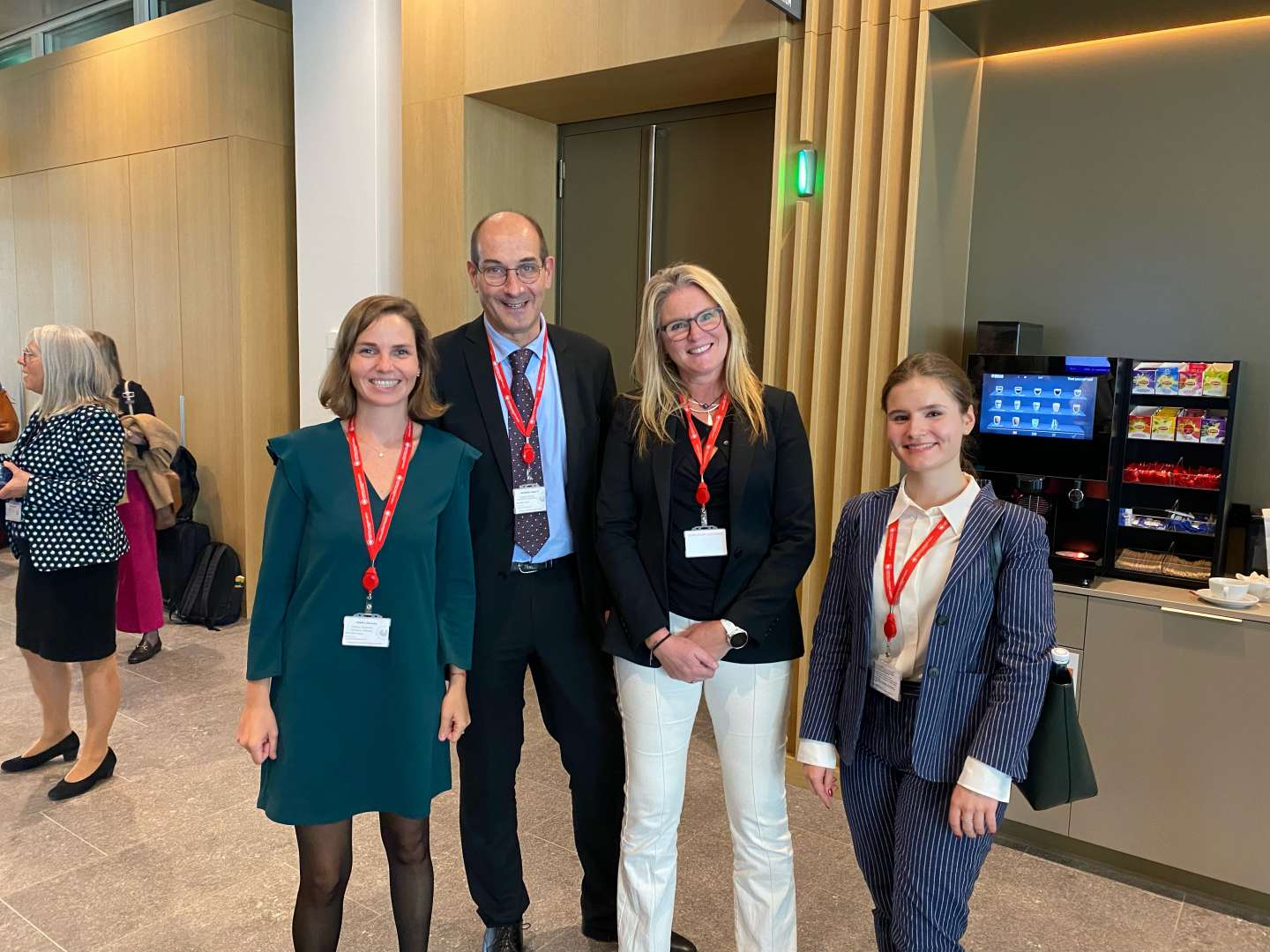EMA ACT EU DCT Workshop
On October 4th, the EMA ACT EU DCT Workshop took place at EMA’s headquarters in Amsterdam.
This workshop was part of ACT EU (Accelerating Clinical Trials EU) – a joint initiative by the EC, HMA and the EMA, which aims at making the EU a more focal clinical trial location by transforming and integrating clinical research in the healthcare system.
One of the action points of ACT EU is a DCT (Decentralized Clinical Trials) recommendations paper. The workshop was a living exercise to feed into version 1.0 of the DCT recommendations paper which public release is targeted by the end of 2022.
EFPIA representing industry sponsors, EORTC representing academic sponsors, as well as EUCROF and ACRO representing CROs were invited to develop their views in the Stakeholder Session, followed by a great panel session with patients and investigators.
EUCROF has set up an ad hoc task force to elaborate its presentation and had 3 representatives accepted to attend in person: Florence Herry (AFCROs – Libheros), Valeria Orlova (CCRA – Medidata, a Dassault Systemes company), and Yoani Th. Matsakis (Member of the Executive Board and speaker at the Stakeholder Session on behalf of EUCROF, AFCROs – Telemedicine Technologies). EUCROF and ACRO presentations were regrouped under a single title “CRO Insights and Experiences: How to solve challenges on the implementation of DCT elements in clinical research”. EUCROF presentation covered the topics of regulatory harmonisation, site readiness, and data protection.
The plenary sessions were later followed by breakout sessions focusing on the chapters of the upcoming recommendations:
- clinical trial oversight: roles and responsibilities
- informed consent
- delivery of medicinal products and administration at home
- trial related procedures at home
- defining and handling source data
- trial monitoring
The recommendations paper will form best practice and provide an overview of national provisions for acceptance of DCT elements in the 27 Member States. These recommendations are designed by the EMA as a “living” document that will evolve over time as more experience is gained. Topics 1 (harmonisation at EU level) and 3 (Data Privacy) of EUCROF presentation are clearly to be further addressed in subsequent releases of the recommendation guidelines. All EUCROF members can take advantage of these initiatives to further interact with their national regulatory bodies as appropriate.
